The Best NDIS Cleaning In Newcastle

NDIS registered since 2018

Respectful, transparent service

Professional, police-checked cleaners

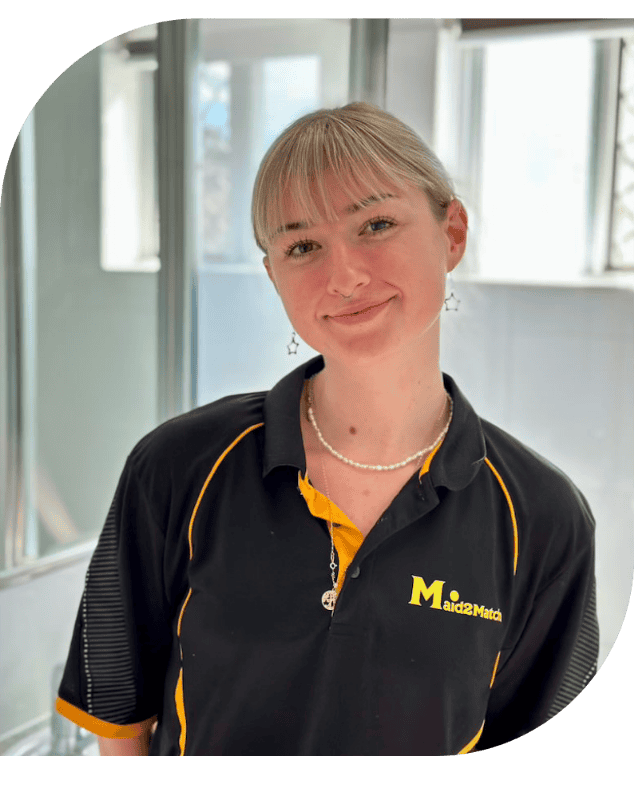
Trusted NDIS Cleaners In Newcastle
Maid2Match has a team of experienced and trained NDIS cleaners in Newcastle who take pride in supporting the NDIS.
Our dedicated support staff are experts in facilitating NDIS services. We will work with you with no judgment to provide you with the service you deserve.
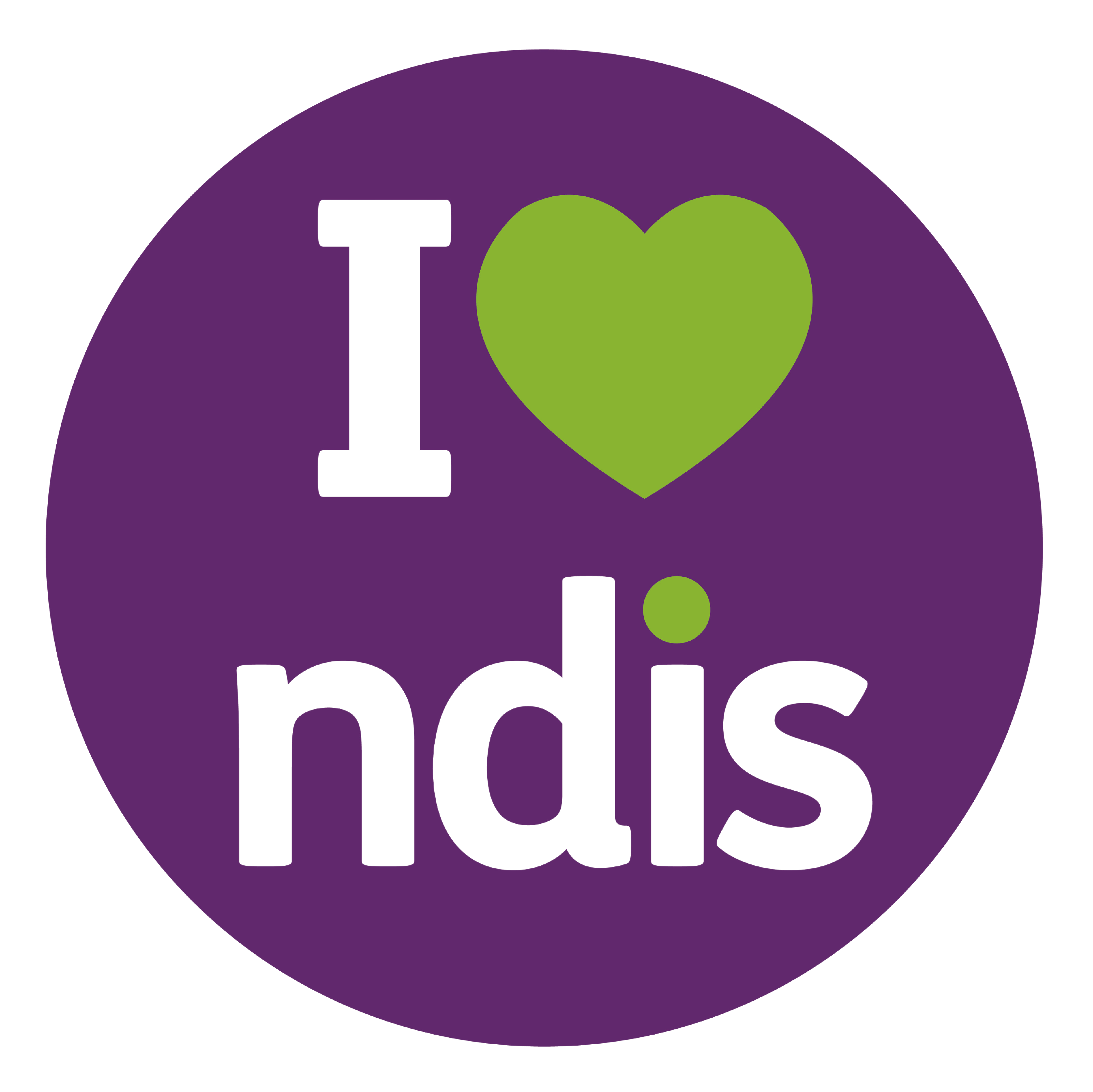
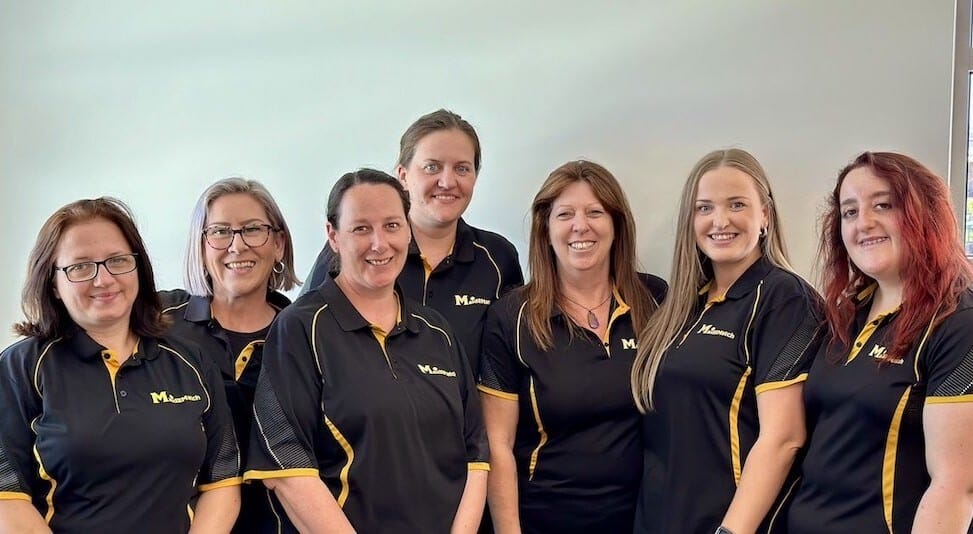
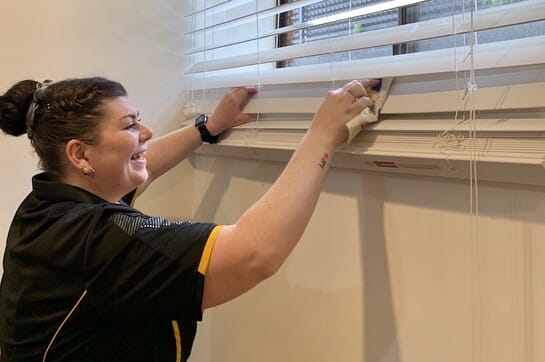
Maid2Match's NDIS cleaning is delivered in line with the NDIS Ethos of being committed to offering services that are:

Connected

Respectful


Responsive

Inclusive

Transparent
NDIS CLEANING WITH MAID2MATCH
How To Get Started
Whether you're just looking for more information about our NDIS services or you're ready to organise a booking, here is what you can expect with us.
1
Enquire
Submit an online form or give our NDIS team a call to discuss the service requirements.
2
Service Agreement
Our experienced admin team creates a personalised and transparent Service Agreement.
3
Action!
Our trained, police-checked and friendly staff will work their cleaning magic at your home.
4
Feedback
The first few services allow us to understand your personal preferences and requirements.
NDIS Organisations We Work With
















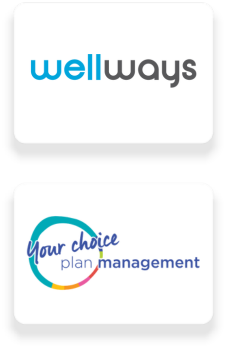
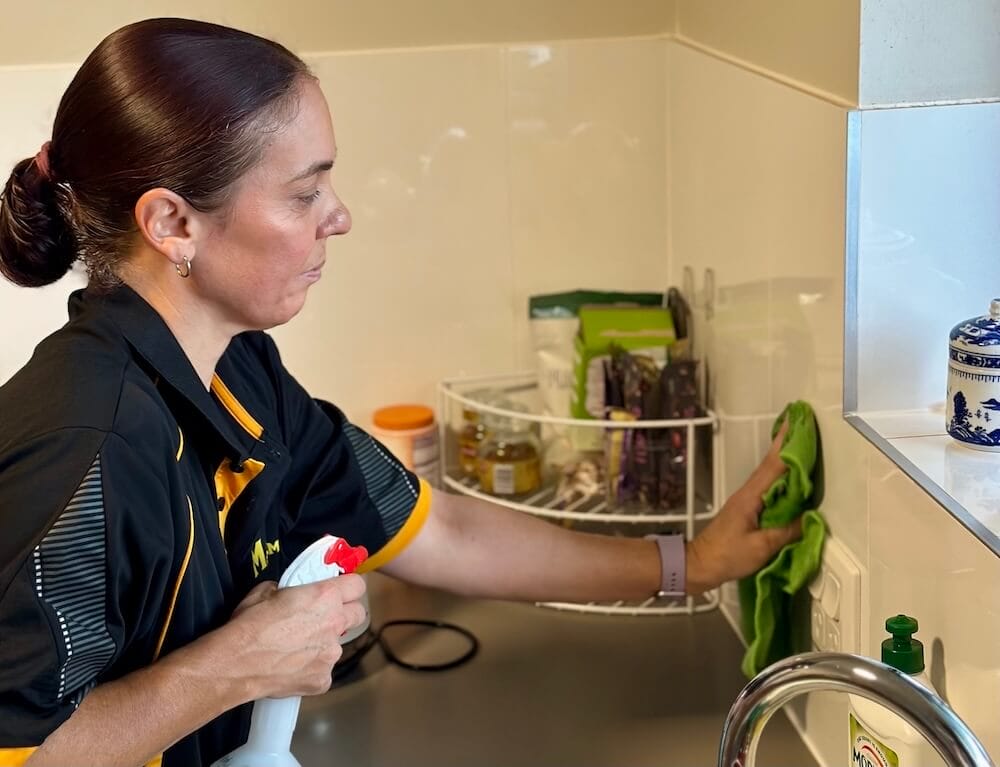
What The NDIS Means To Us
As professional house cleaners, we are very aware of not only the emotional benefits of a clean and tidy home, but also the physical benefits.
It is extremely important to us to help our participants feel less anxious and sleep better thanks to their clean home. And perhaps we may help alleviate other health issues such as infection risks and respiratory issues caused by dusty environments.
We work alongside participants who have no supports in place, Support Coordinators and Recovery Coaches, Plan Managers and the NDIS directly. Nothing is too hard for our experienced and dedicated team.
We will be with you every step of the way in setting up your NDIS house cleaning services and ensuring your billing and NDIS documentation is accurate, year after year, as your plan changes and renews.
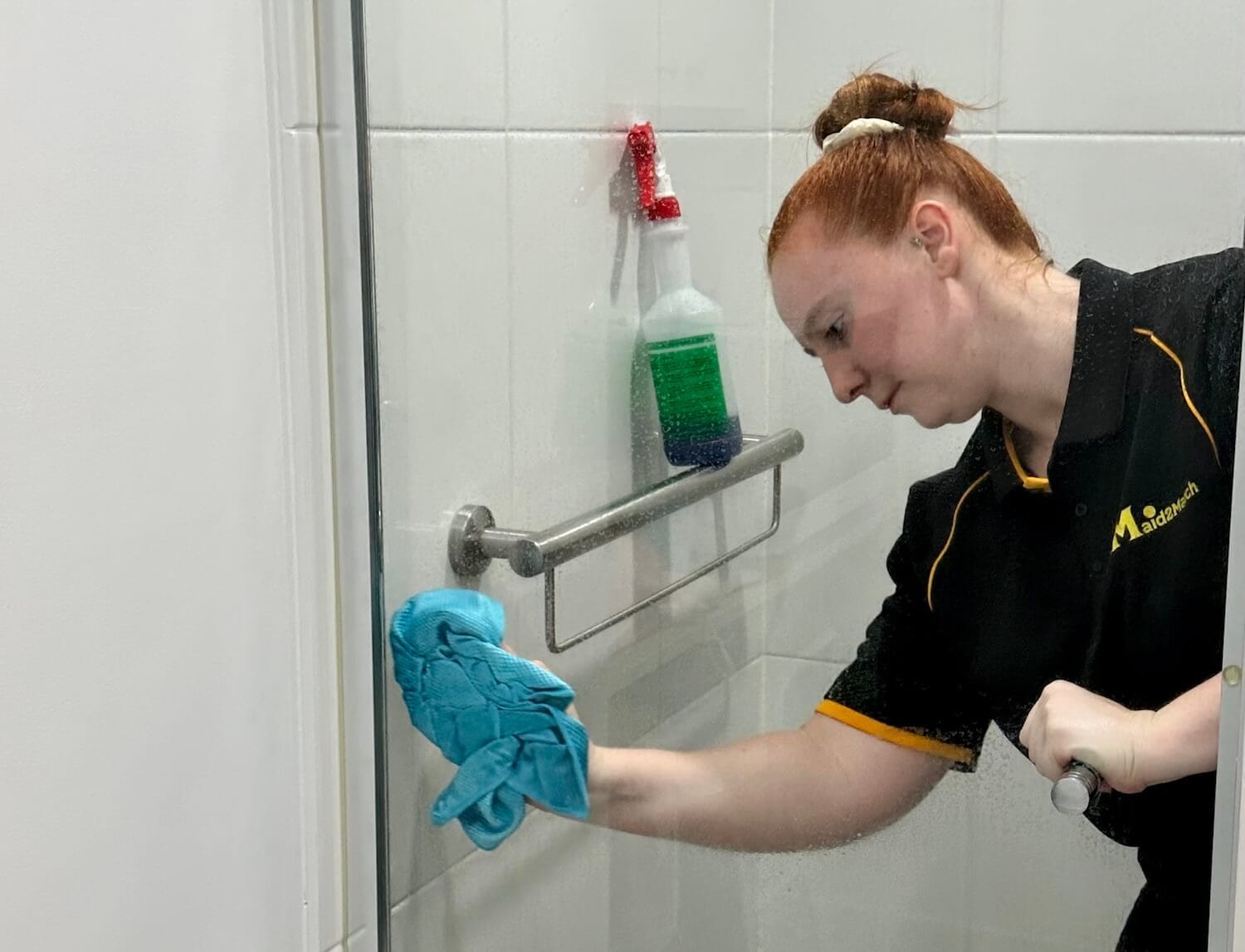
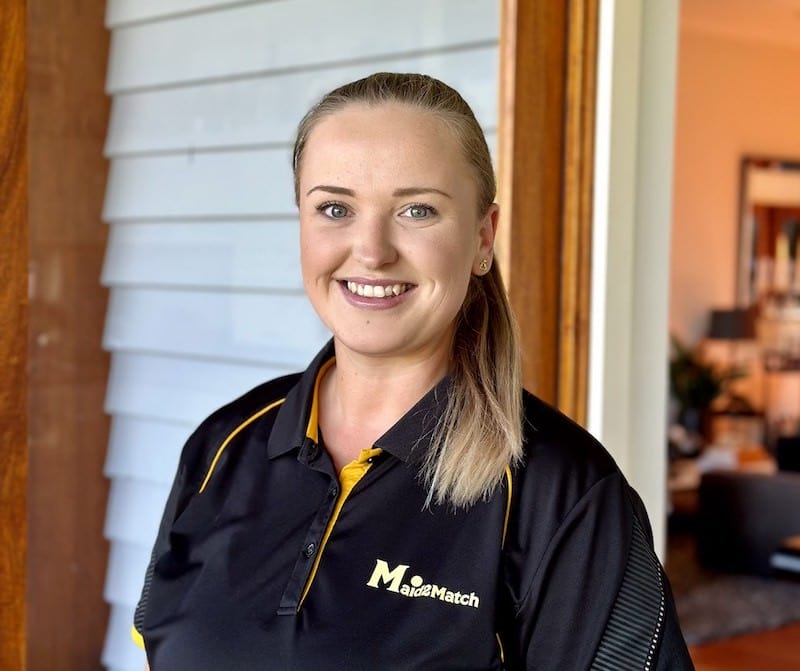

Our Newcastle NDIS Cleaners
All of our experienced cleaners in Newcastle have been thoroughly vetted with multiple interviews prior to being hired.

NDIS worker screening check

NDIS specific induction and training

NDIS training module
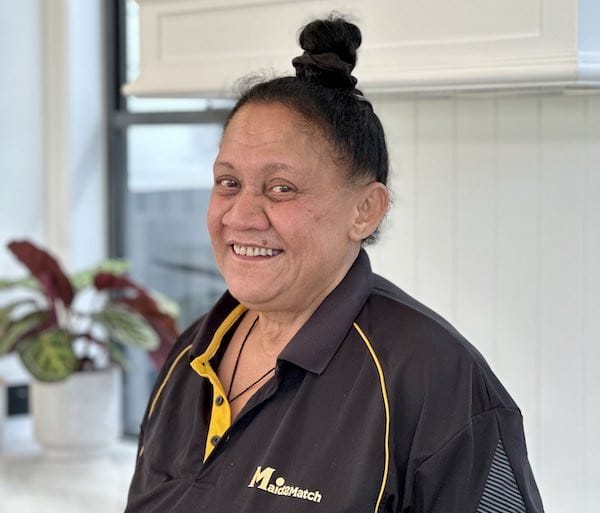


MAID2MATCH AND THE NDIS
Making A Difference In The NDIS Community
Here are Maid2Match, we are incredibly proud to be a part of the NDIS. From the office team to the field team, everyone is passionate about the positive impact that we have on participants' lives.
Maid2Match has been cleaning homes since 2014 and became an NDIS registered provider in 2018. We have since delivered thousands of NDIS cleaning services across Australia.
MAID2MATCH'S NDIS CLEANING SERVICES
How We Work With You
Thanks to our extensive experience, Maid2Match's NDIS team is ready to assist in every situation. We can arrange Service Agreements from start to finish for our NDIS participants.

Plan Managed
Our Plan Managed participants simply provide us their Plan Manager’s invoicing email address, and we take it from there.

Agency Managed
If your Plan is managed by the NDIA, we are ready to assist. Our Service Agreements are simple and and tailored to your needs.

Self Managed
We will send you an invoice immediately after your service takes place for you to claim through the myplace NDIS Portal.
FREQUENTLY ASKED QUESTIONS
NDIS Home Cleaning Information
Is Maid2Match an NDIS registered supplier?
Yes, we are an NDIS registered provider of house cleaning services. We've been NDIS registered since 2018, cleaning for participants across the country. Our provider number is: 4050036079.
Do I need to contact you to organise each recurring clean?
What if I have a gender preference for the cleaner?
We completely understand and will do our best to accommodate your request. As long as we have availability for the gender of your preference, we will ensure that your request is fulfilled.
What NDIS cleaning services do you provide?

Do the cleaners bring their own supplies and equipment?
Yes, our professional NDIS cleaners will bring all of the cleaning equipment needed to perform the service. There is no need for you to concern yourself with setting aside any supplies – we’ve got it covered.
What types of cleaning supplies and chemicals do you use?
Our chemicals are eco-friendly and do not have an overpowering scent. Please let us know if you have any specific requirements regarding cleaning supplies and we will do our best to accommodate.
Is it okay if I have a companion pet at home?
Yes, of course! We only ask that you please give us a heads up about any animals in your home, so we can advise your NDIS cleaner beforehand.
What if I have a problem with my service?
Please reach out to us with any questions or concerns. Our Support Team can be reached on 1800 450 453 or emailed at [email protected].

Support Coordinators and Local Area Coordinators
Maid2Match has established wonderful working relationships with many Support Coordinators and Local Area Coordinators (LAC) Australia-wide. It fills us with pride when we see yet another referral come through from a Support Coordinator or LAC who has utilised our services several times before. They trust that we will do everything we can to provide them with high quality and tailored services for their participants.
The Support Coordinators and LACs we work with here at Maid2Match know that we encourage open and honest communication between everyone involved. That includes initially setting up the participant’s services and delivering them when we say we will. We will always go the extra mile to ensure we listen and try to truly understand what their participants are looking for.
We assist our Coordinators with sending out Service Agreements to participants, sourcing the best cleaners to suit their needs, updating them with any issues or concerns that may arise and advising them of new availability and openings.
It has been wonderful for our Maid2Match team to build and nurture relationships with our Support Coordinators and Local Area Coordinators. As they do such amazing and important work in our community, it is an honour and a privilege to assist them whenever we can.


100% Satisfaction Guarantee
We not only have an excellent Field Team, but we also have a full-time Support Team that is ready to look after our NDIS participants. If there are any concerns regarding your cleaning service, we are only a phone call or an email away.
Constructive feedback from participants and their support networks is extremely valuable for us to maintain high quality cleaning services.
Your home is safely insured with us

450+ FIVE STAR REVIEWS ON GOOGLE